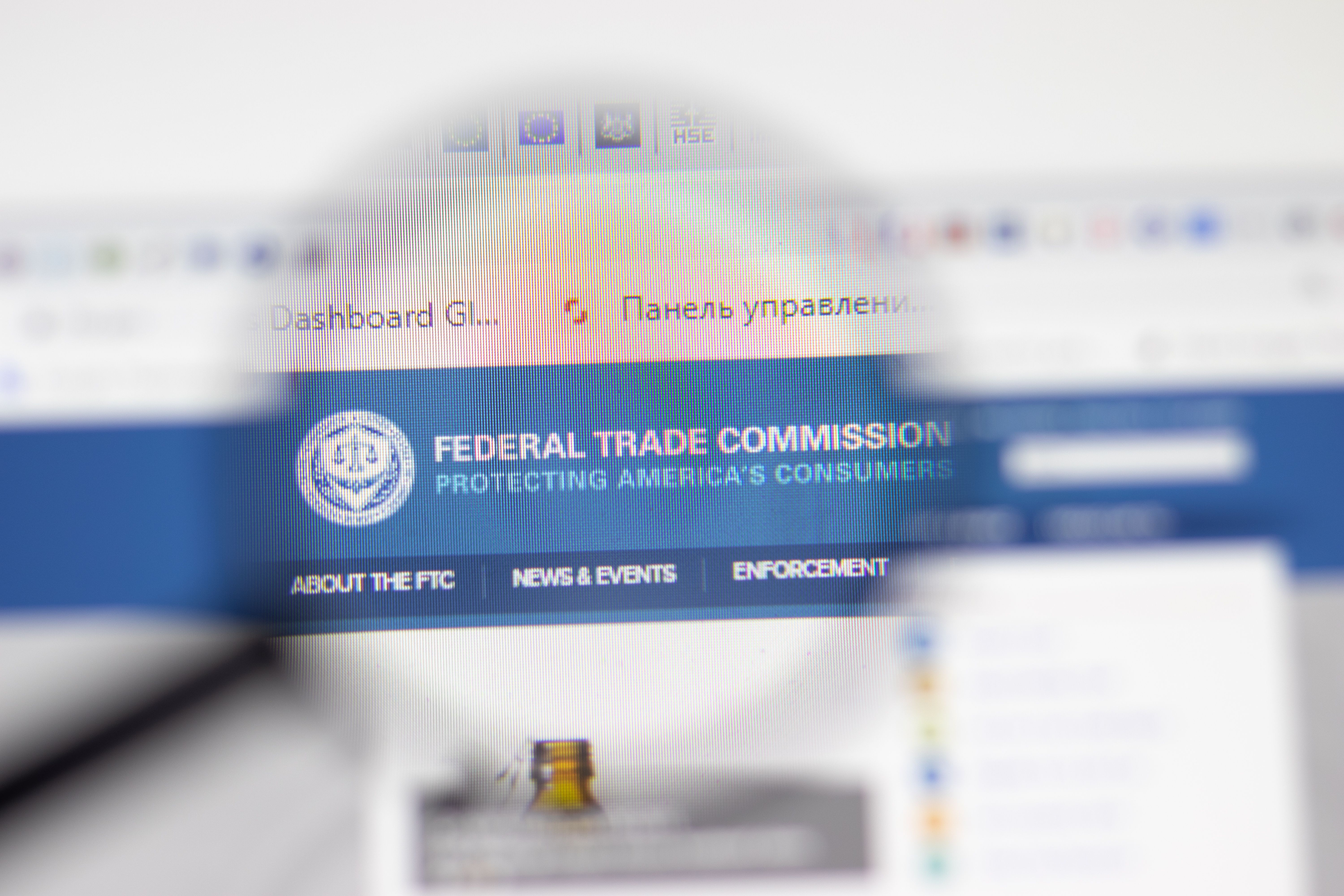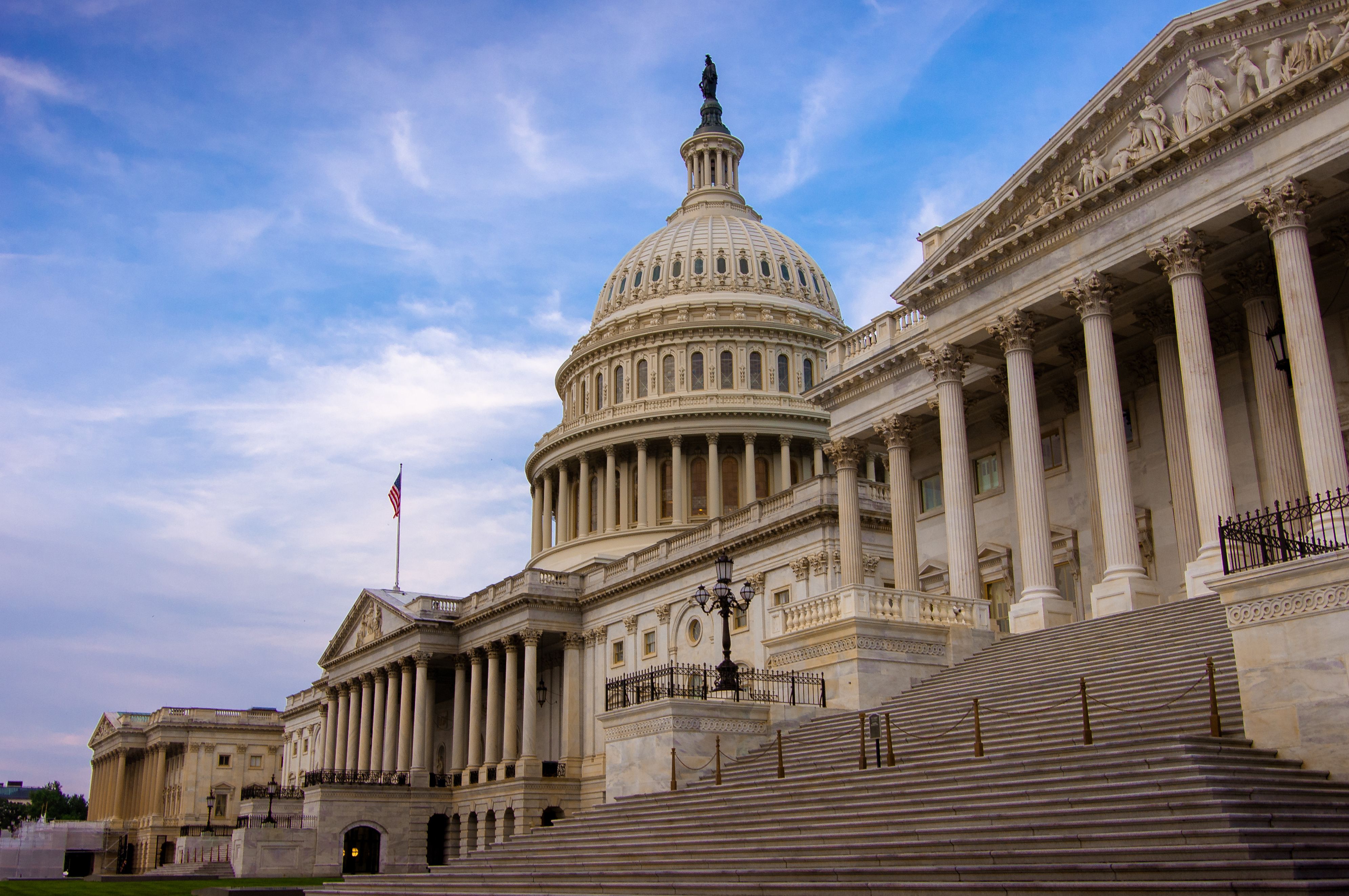- Bone Health
- Immunology
- Hematology
- Respiratory
- Dermatology
- Diabetes
- Gastroenterology
- Neurology
- Oncology
- Ophthalmology
- Rare Disease
- Rheumatology
FTC Releases Second Report on PBMs Meddling in Generic Drug Markets
The 3 largest pharmacy benefit managers (PBMs) increased many specialty generic drugs prices by hundreds of percent, with some drugs seeing thousands of percent markups, according to the Federal Trade Commission (FTC)’s second interim report on PBM practices.
The Federal Trade Commission (FTC) had dealt another blow to the nation’s 3 largest pharmacy benefit managers (PBMs), releasing a second interim report that accuses Caremark, Express Scripts, and Optum Rx of drastically raising the prices of several specialty generic drugs.1
“The FTC should keep using its tools to investigate practices that may inflate drug costs, squeeze independent pharmacies, and deprive Americans of affordable, accessible healthcare—and should act swiftly to stop any illegal conduct,” wrote FTC chair Lina M. Khan.
The initial version of the report claimed that these PBMs were harming independent pharmacies, despite their original goal of reducing expenses. | Image credit: Postmodern Studio - stocka.adobe.com

The report followed a primary report released in July 2024 that determined that pharmacies affiliated with the aforementioned PBMs, known as the “Big 3,” received 68% of the dispensing revenue generated by specialty drugs in 2023, a decent increase from 54% in 2016.2 The initial document claimed that these PBMs were harming independent pharmacies, despite their original goal of reducing expenses.
PBMs are often criticized as “middlemen” driving up drug costs by prioritizing higher-priced innovator drugs over cheaper biosimilars and generics, discouraging their use.3
“We also found that this problem [specialty generic drug price hikes] is growing at an alarming rate, which means there is an urgent need for policymakers to address it,” warned Hannah Garden-Monheit, director of the FTC’s Office of Policy Planning.1
Key Findings in the New Report
The report emphasized several key findings drawn from publicly available information as well as data and documents the FTC obtained from issuing special orders in 2022 under Section 6(b) of the FTC Act.1
A major insight was the significant price markups the Big 3 PBMs imposed, ranging from hundreds to thousands of percentages, on many generic versions of specialty drugs dispensed at their affiliated pharmacies, including medications used to treat cancer, HIV, and other serious conditions. The Big 3 also reimbursed their partner pharmacies at higher rates than unaffiliated pharmacies on nearly every specialty generic drug assessed.
Other takeaways included:
- The Big 3 generated over $7.3 billion of dispensing revenue in excess of their estimated acquisition cost on specialty generic drugs between 2017 and 2021, increasing dramatically at a compound annual growth rate of 42%
- The Big 3 collectively generated about $1.4 billion of income from spread pricing (when PBMs bill their plan sponsor clients more than they reimburse pharmacies for medications) on the assessed specialty generic drugs
- The top generic specialty drugs accounted for a 12% of the relevant business segments reported by the Big 3’s health care parent companies (CVS, Cigna, UnitedHealth Group) in 2021
- In 2021, plan sponsors paid $4.8 billion for specialty generic drugs, while patient cost sharing ballooned to $297 million
The FTC voted unanimously (5-0) to allow the release of the report, with FTC Commissioner Andrew N. Ferguson, joined by Commissioner Melissa Holyoak, issuing a concurring statement about the release.4 In it, Ferguson emphasized that future steps taken by the Commission, including the publication of a final report, will require Commission staff to engage meaningfully with the data and documents they have.
“The Commission still has more work to do on this…We best serve Congress, state legislators, and the American people when we produce comprehensive, fact-based, and data-driven final reports. That is what the Commission must do.”
Background
The initial version of this report was born out of an investigation the FTC conducted in 2022, in which the Commission was responding to concerns from doctors and advocates about their impact on drug pricing and patient care.5 The investigation required the 6 largest PBMs to disclose records, aiming to reveal how their market power affects costs and access.
Congress followed with a hearing scrutinizing PBM executives, supported by a House Oversight Committee report that exposed how PBMs inflate prices and undermine care, intensifying calls for reform.6-7
The initial report revealed how PBMs manipulate pricing structures, driving up costs and negatively impacting patient care. This has fueled growing calls for comprehensive reform of the PBM industry, as lawmakers and advocates demand greater transparency and accountability to ensure fairer pricing and improved access to medications. | Image credit: Phillip - stock.adobe.com

This first version of the report led to an Express Scripts lawsuit against the FTC, in which the PBM demanded the retraction of the report, claiming that it disregards evidence and could raise drug prices for consumers.8 The PBM also argued that PBMs bring value to the health care system by reducing overall drug costs for employers, labor unions, and other plan sponsors.
In response, the FTC filed an administrative complaint accusing Express Scripts along with Caremark and Optum Rx—which together control 80% of prescriptions in the US—of forcing patients to pay higher costs on insulin products to increase their profits.9
Ted Okon, MBA, executive director of the Community Oncology Alliance (COA), spoke with The American Journal of Managed Care® (AJMC®) about how the FTC lawsuit against PBMs for their insulin pricing practices could affect insulin prices and pricing for other pharmaceuticals in the future.10
Okon explained, “I think that this combined, the FTC report, the FTC lawsuit, the Oversight Committee report, the bills that have passed out of committee, is just putting extreme pressure on getting something done about these PBMs. So, I think it's only a matter of time. And I don't think it's just regulatory in terms of what's happening, but I think it's statutory, meaning laws that ultimately [will] be placed.”
The FTC’s findings and ongoing actions, along with growing congressional scrutiny, mark a pivotal moment in addressing PBM practices. As legal battles and legislative reforms intensify, the attention shifts to examining the complexities of the pharmaceutical system and identifying opportunities for greater transparency and efficiency.
References
1. FTC releases second interim staff report on prescription drug middlemen. Press release. FTC; January 14, 2025. Accessed January 17, 2025. https://www.ftc.gov/news-events/news/press-releases/2025/01/ftc-releases-second-interim-staff-report-prescription-drug-middlemen
2. Caffrey M. FTC finds PBMs drive up drug costs, squeeze out competitors. AJMC®. July 9, 2024. Accessed January 17, 2025. https://www.ajmc.com/view/ftc-finds-pbms-drive-up-drug-costs-squeeze-out-competitors
3. Reed JM. PBMs aren't opening access to lower-cost biosimilars. Reform is needed now. STAT. August 1, 2024. Accessed January 17, 2025. https://www.statnews.com/2024/08/01/pbm-biosimilar-drugs-ftc-action-needed-anti-competitive-practices/
4. Concurring statement of Commissioner Andrew N. Ferguson joined by Commissioner Melissa Holyoak regarding the second pharmacy benefit managers interim staff report. FTC. January 14, 2025. Accessed January 17, 2025. https://www.ftc.gov/legal-library/browse/cases-proceedings/public-statements/concurring-statement-commissioner-andrew-n-ferguson-joined-commissioner-melissa-holyoak-regarding-0
5. Caffrey M. FTC inquiry into PBMs to include a look at specialty drug lists. The Center for Biosimilars®. June 9, 2022. Accessed January 17, 2025. https://www.centerforbiosimilars.com/view/ftc-inquiry-into-pbms-to-include-a-look-at-specialty-drug-lists
6. Hearing wrap up: Oversight Committee exposes how PBMs undermine patient health and increase drug costs. House Oversight Committee. Press release; July 23, 2024. Accessed September 17, 2024. https://oversight.house.gov/release/hearing-wrap-up-oversight-committee-exposes-how-pbms-undermine-patient-health-and-increase-drug-costs/
7. Comer releases report on PBMs’ harmful pricing tactics and role in rising health care costs. House Oversight Committee. Press release; July 23, 2024. Accessed September 17, 2024. https://oversight.house.gov/release/comer-releases-report-on-pbms-harmful-pricing-tactics-and-role-in-rising-health-care-costs%EF%BF%BC/
8. Jeremias S. Express Scripts sues FTC over PBM report. AJMC. September 17, 2024. Accessed January 17, 2025. https://www.ajmc.com/view/express-scripts-sues-ftc-over-pbm-report
9. Jeremias S. FTC takes legal action against 3 largest PBMs over insulin costs. AJMC. September 20, 2024. Accessed January 17, 2025. https://www.ajmc.com/view/ftc-takes-legal-action-against-3-largest-pbms-over-insulin-costs
10. Bonavitacola J, Jeremias S. New FTC lawsuit against PBMs has broad implications for pharmaceuticals, Ted Okon says. AJMC. September 24, 2024. Accessed January 17, 2025. https://www.ajmc.com/view/new-ftc-lawsuit-against-pbms-has-broad-implications-for-pharmaceuticals-ted-okon-says
Newsletter
Where clinical, regulatory, and economic perspectives converge—sign up for Center for Biosimilars® emails to get expert insights on emerging treatment paradigms, biosimilar policy, and real-world outcomes that shape patient care.
